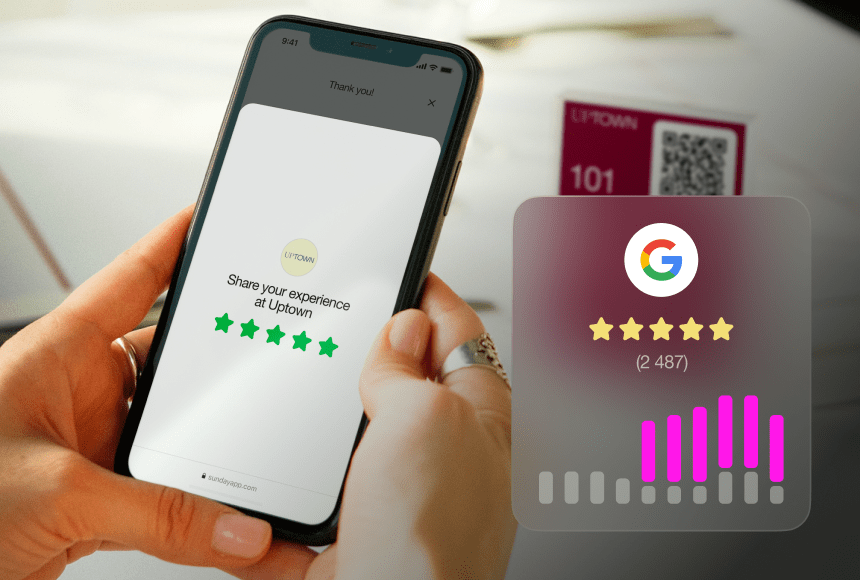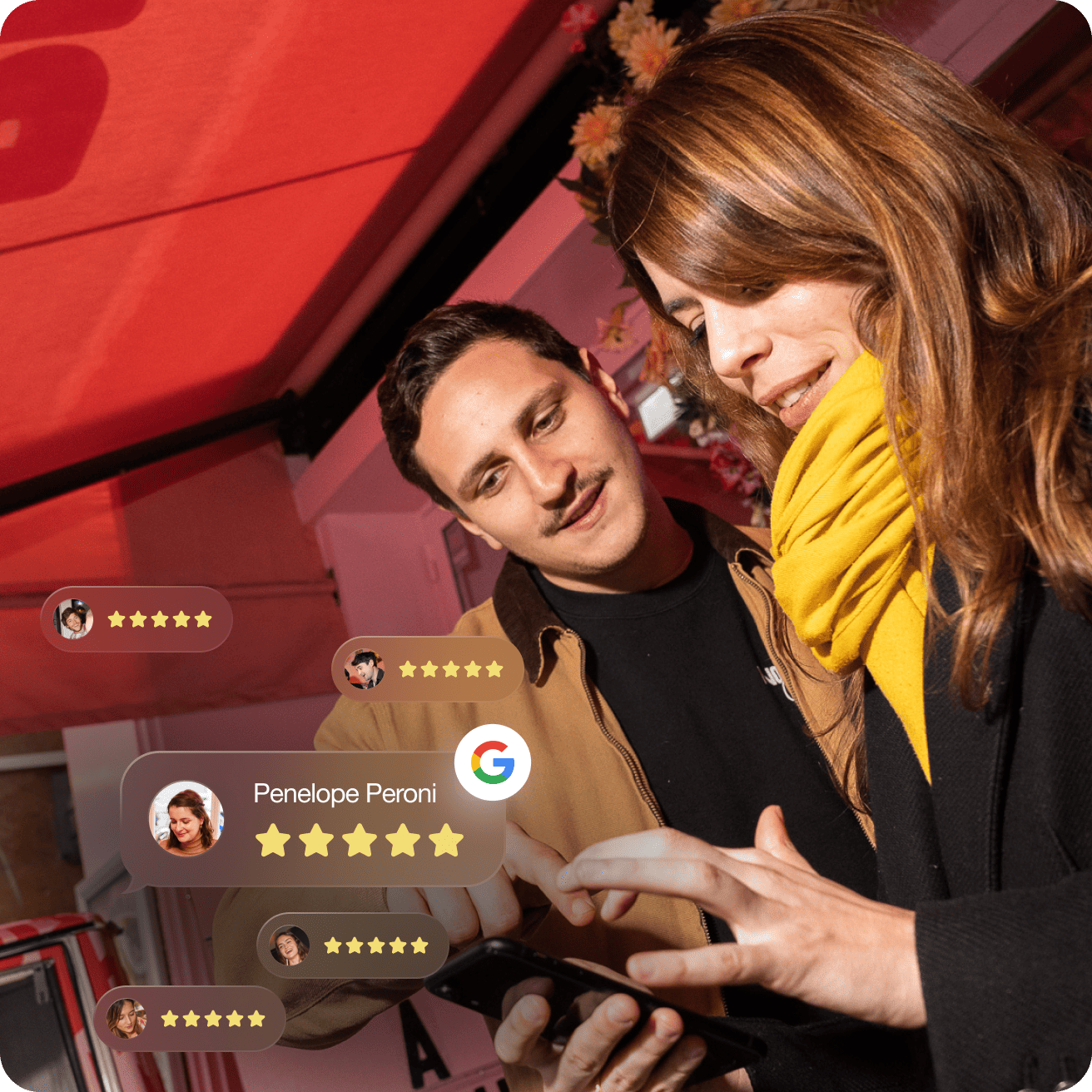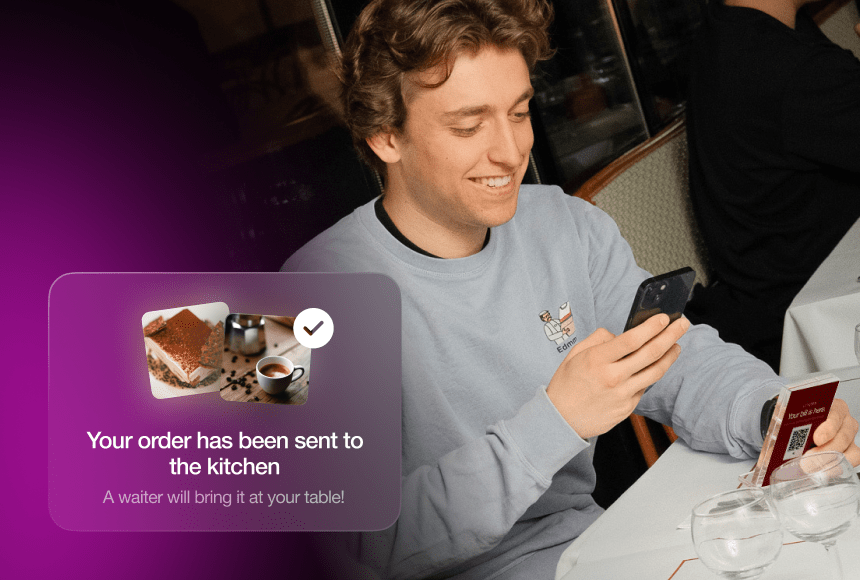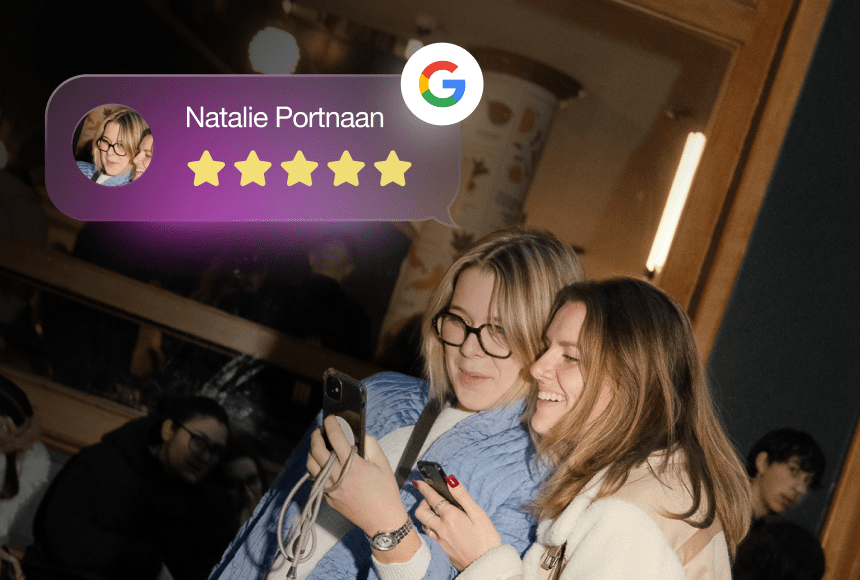
Selecting the Right Tool to Strengthen Your Restaurant’s Digital Image
Running a successful restaurant in the United States often hinges on more than just delicious food and welcoming service. These days, a significant portion of a diner’s decision-making process happens online, long before they walk through your door. According to BrightLocal (2023), 88% of people trust online reviews as much as personal recommendations. This means a single five-star rating or glowing comment can bring a wave of curious guests, while a scathing one-star review might keep them away for good.
As a restaurant owner or manager, you might already be aware that you need to keep an eye on your Yelp, Google, TripAdvisor, and social media pages. But simply juggling these platforms manually can be overwhelming—especially if you’re also busy ordering produce, training staff, and updating menus. That’s why many restaurateurs turn to specialized solutions to help manage, monitor, and improve their online reputation. The big question is: How do you choose the right one?
Below, we’ll explore what to look for in a reputation management solution, how it can integrate with your existing workflows, and why payment tools like sunday are playing a growing role in boosting online ratings. By the end, you’ll have a clearer sense of the features, benefits, and strategies that will help you pick the perfect platform for your needs.
Why Your Online Reputation Deserves Dedicated Attention
Before we dive into how to pick a solution, let’s pause to consider why you might need one in the first place. With countless third-party review sites and social media channels, it’s easy to lose track of who’s saying what about your restaurant.
- Attracting New Customers
A Harvard Business School study suggests that a one-star increase in your Yelp rating can correlate with a 5–9% jump in revenue. That’s a huge potential payoff for something that primarily costs time and attention rather than big budgets. - Building Trust and Credibility
Diners decide quickly when scrolling through local listings. If your establishment has a strong average rating, numerous positive reviews, and recent posts reflecting great experiences, you’re instantly more appealing than the competition. - Staying Ahead of Problems
Negative reviews, if left unanswered, can spiral out of control. By addressing negative feedback promptly, you can often turn a disappointed customer into a loyal fan—and show future guests that you care enough to respond.
Signs You Need a Reputation Management Solution
Some restaurateurs handle online comments and reviews directly, checking a handful of platforms every day. If that’s you, and you have the time and bandwidth to do so effectively, that’s fantastic. But many find it cumbersome or simply out of reach, especially as the restaurant grows or as new locations open. Here are a few signs you might benefit from dedicated software or services:
- You Struggle to Keep Track of Multiple Platforms
Google, Yelp, TripAdvisor, Facebook, Instagram, TikTok… the list keeps growing. If you lose track of when and where feedback appears, you could miss both red flags and golden opportunities for positive engagement. - Inconsistent Response Times
Quick replies to reviews—especially negative ones—can enhance your brand. If feedback goes unanswered for weeks, it might appear that you don’t value customers’ opinions. - Lack of Insight into Trends
A restaurant’s online chatter can reveal common pain points like slow service at lunch or menu items that don’t resonate. Without a reputation tool, you might not notice the pattern until the damage is done. - Minimal In-House Marketing Resources
If your manager is already juggling staff schedules, supplier negotiations, and other day-to-day tasks, expecting them to be a digital marketing wizard on the side could be unrealistic. A specialized solution can free up time while ensuring quality control.
Essential Features to Look For
With dozens of reputation management tools on the market, deciding which one to trust can feel daunting. Focus on these core capabilities to simplify your choice:
- Unified Dashboard
Being able to see all your reviews—from Google to Facebook to Yelp—in one place saves countless hours and reduces the risk of missing important feedback. Look for software that aggregates reviews across multiple sites in real time. - Response Tools
A good platform should allow you to respond directly to comments and reviews without hopping from site to site. Some even offer customizable response templates so you can handle common issues quickly while still personalizing each message. - Monitoring and Alerts
If a new review mentions words like “cold food” or “rude service,” do you get an immediate notification? Alerts can help you catch and address problems early, potentially preventing a single bad experience from turning into a public relations headache. - Analytics and Reporting
On the flip side, you also want to know which menu items, times of day, or employees are consistently being praised. Analytics can point you toward your strengths, reveal weaknesses, and guide both operational and marketing decisions. - Integration with Payment Systems
One of the more recent trends in reputation management is integrating the feedback process with the payment experience. A platform like sunday allows diners to settle their bill via QR code and leave a quick Google review before they even step out the door. This real-time capture can lead to more (and more favorable) reviews. - Social Listening
While formal reviews on Yelp or Google are critical, social media mentions can also shape your reputation. Tools with social listening capabilities allow you to see whenever your restaurant is tagged or mentioned, and respond accordingly. - Scalability
If you plan to expand or open new branches, ensure the solution you choose can handle multiple locations. Consistency across your brand’s online presence is crucial to building and maintaining a solid reputation.
Comparing “All-in-One” vs. Specialized Solutions
Some business owners prefer an all-in-one marketing platform that includes reputation management, social media scheduling, and even email marketing in one package. Others gravitate toward specialized tools dedicated solely to reviews and ratings. Which is right for you depends on several factors:
- Budget
A specialized solution might do one thing extremely well—like collecting and analyzing reviews—at a lower price than a full-service marketing suite. However, if you also need tools like email campaigns or detailed CRM capabilities, a more robust platform could be cost-effective in the long run. - Learning Curve
If you choose an integrated platform, you have fewer separate tools to master. But some all-in-one solutions can be more complex. Make sure your team can adapt smoothly to the software, or you could end up paying for features you never use. - Depth of Features
Specialized tools often provide deeper, more nuanced dashboards and analytics specifically for reviews. All-in-one packages may only skim the surface. Think about whether you need detailed sentiment analysis or simply an overview of your star ratings.
The Payment Connection: Why Seamless Checkout Matters
An emerging concept in reputation management is the direct link between how guests pay and how they’re prompted to review. Picture this: a diner finishes a meal, waits for the server to bring the check, then stands in line to pay at a register. By the time they leave, the initial satisfaction (or dissatisfaction) might have faded. They could go home and forget about leaving feedback entirely—or they might stew over a minor inconvenience, eventually leaving a harsher review.
A QR code-based payment solution like sunday solves a few pain points at once:
- Quick, Convenient Checkout
Guests can scan a code, split the check, tip the server, and pay instantly without flagging anyone down. Less friction generally means a happier final impression of your service. - Timed Review Prompts
The best moment to ask for a review is when the diner is still at the table, satisfied and thinking about their positive (hopefully) experience. With an integrated prompt, they can leave a Google review in just a couple of clicks—no searching or extra steps required. - Increased Staff Satisfaction
When your servers don’t have to juggle checks and card machines, they have more time to engage with guests or tackle other tasks. A less stressed team often translates into better service, which then feeds back into better reviews.
Making the Most of Free Trials and Demos
Selecting a reputation management tool is a commitment. Many providers offer free trials or demos, which give you a window into how the software operates. Before you get started, line up some specific questions or tasks:
- Does the Dashboard Feel Intuitive?
If navigating the interface is cumbersome, you risk your team abandoning the tool. - Can You Handle Reviews On-the-Go?
Check if the platform has a mobile app or a mobile-friendly site, so you can respond to feedback between lunch rushes or after dinner service. - What Kind of Alerts Are Available?
Simulate receiving both positive and negative reviews. Does the system notify you quickly? Can you set priority levels for different keywords? - Is There Adequate Customer Support?
If something breaks or you have questions about advanced features, you’ll want a responsive support team. Send them an email or message during your trial to gauge the response time and helpfulness.
Training Your Staff to Leverage the Chosen Solution
No matter how powerful or user-friendly your new reputation management tool is, it won’t reach its full potential without a team that knows how to use it effectively. Consider these steps:
- Designate a Point Person
A manager or trusted employee can be the “reputation champion.” They handle the dashboard, delegate tasks, and keep everyone informed about new reviews or recurring issues. - Set Response Guidelines
Provide your team with a clear, friendly tone of voice for responding to reviews. This keeps your brand image consistent across platforms. For negative feedback, include protocols for offering solutions or escalation if needed. - Host Regular Check-ins
Schedule short monthly or quarterly sessions to review progress, share improvements, or discuss any recurring complaints. This helps the entire team stay aligned with your reputation goals. - Celebrate Wins
If you see a surge in positive reviews mentioning a particular server or dish, share the good news with your staff! Positive reinforcement fosters a culture where everyone values great customer feedback.
Going Beyond Reviews: Building Relationships
A strong online reputation is more than a star rating. It’s also about building an emotional connection with your diners, so they want to come back—and bring their friends. Here are some ways your chosen solution can assist:
- Social Listening for Loyalty
If you catch a returning guest mentioning your restaurant on Instagram or Twitter, you could send them a discount code or special invite for a new menu tasting. These small gestures can transform casual fans into brand ambassadors. - Triggered Messages
Some platforms allow you to send personalized follow-ups. For instance, if a diner leaves a rave review about your brunch, your system might automatically invite them to your next weekend brunch special. - Showcasing Authentic Stories
Encourage guests to share photos or anecdotes about their experiences. With permission, repost these stories on your social channels or website. People trust fellow diners’ real-life narratives more than polished ads.
Cost vs. Return: Making the Calculation
If the tool you’re considering charges a monthly fee, weigh it against the potential revenue boost from even a slight increase in your star rating or review volume. If you can gain just a handful of additional covers each week due to a stronger online presence, you might cover the software cost multiple times over. Bear in mind:
- Time Saved
Automation and aggregation features can free your staff to focus on delivering memorable dining experiences instead of manually monitoring every platform. - Risk Management
Timely responses to negative reviews can prevent escalations, which might otherwise cost you future customers—or worse, spiral into a PR issue. - Long-Term Equity
Building a sterling reputation is like investing in a marketing campaign that never stops. The better your digital image, the more likely you’ll attract new guests with minimal extra advertising.
Moving Forward With Confidence
Selecting the right solution to bolster your online reputation isn’t just about crisis control or chasing five-star reviews. It’s a strategic move that ensures your restaurant continues to stand out in a highly competitive market. By centralizing and streamlining how you gather and respond to feedback, you’ll gain critical insights into what your customers love, what they tolerate, and what might be turning them away.
Remember: it’s not just about pleasing algorithm-driven platforms; it’s about building relationships. Tools that integrate seamlessly with payment solutions like sunday can help you gather more reviews, faster, and at the most opportune moment—right when diners are feeling their happiest. Yet even the best software won’t singlehandedly salvage a subpar menu or rude service. You still need to deliver consistent quality and a welcoming atmosphere. The right reputation solution simply magnifies those positive elements, ensuring they reach as many potential guests as possible.
As you weigh your options, keep in mind that a little research and a few thoughtful questions can go a long way toward finding a tool that meets your unique needs. Once you’ve made your choice, you’ll be well on your way to a more transparent, responsive, and ultimately successful restaurant experience. And that’s an outcome your customers—and bottom line—can savor. Bon appétit to a brighter digital future!
Find out more today
Drop us your details below and we’ll reach out within the next 24h
Stay on top of your online reputation.
Say goodbye to bad ratings and hello to 5*s. Get to know your customers with our integrated rating & review feature, which allows you to get more reviews, better ratings and more visibility online.




